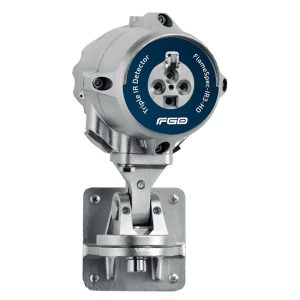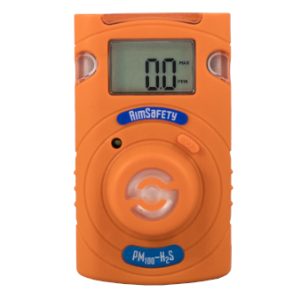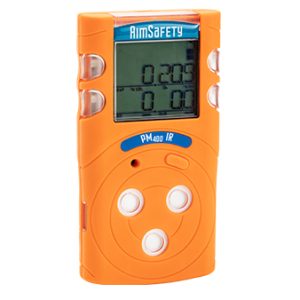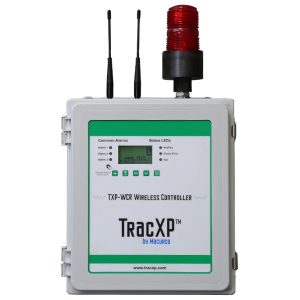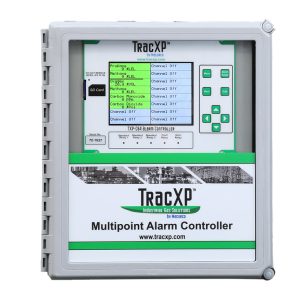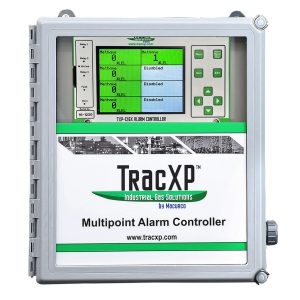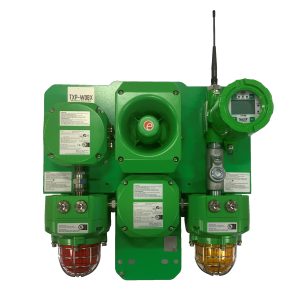
Gas detection is crucial for personal and property safety within compressed natural gas (CNG) bus repair facilities. These facilities are responsible for maintaining and servicing CNG-powered buses, which utilize natural gas as a fuel source. Implementing effective gas detection systems is crucial to mitigate the risks associated with CNG leaks or gas-related incidents and to ensure a safe working environment.
Why Install A Gas Detection System?
Safety Measures
In CNG bus repair facilities, gas detection plays a vital role in protecting the well-being of workers. CNG is highly flammable, and leaks can occur during maintenance or repair activities. Gas detectors continuously monitor the air quality and promptly detect the presence of flammable gases such as methane (CH4). By providing early warnings, gas detectors enable workers to take immediate actions, such as evacuation or activating emergency response protocols, minimizing the risk of fire or explosion and ensuring the safety of personnel.
Personnel and Property
Gas detection is critical for safeguarding property and infrastructure within CNG bus repair facilities. Prompt detection of gas leaks allows for quick response measures to be implemented, such as shutting off gas supply valves, activating ventilation systems, or initiating automatic fire suppression systems. These proactive measures help prevent accidents, limit property damage, and maintain the integrity of critical infrastructure, such as repair bays or storage areas.
Sustainability
Gas detection contributes to environmental protection in CNG bus repair facilities. Detecting and addressing gas leaks promptly helps minimize the release of methane into the environment, a potent greenhouse gas. By implementing robust gas detection systems, companies can identify and rectify leaks, reducing their environmental impact and demonstrating their commitment to sustainability.
Common CNG Applications

Maintenance Bays
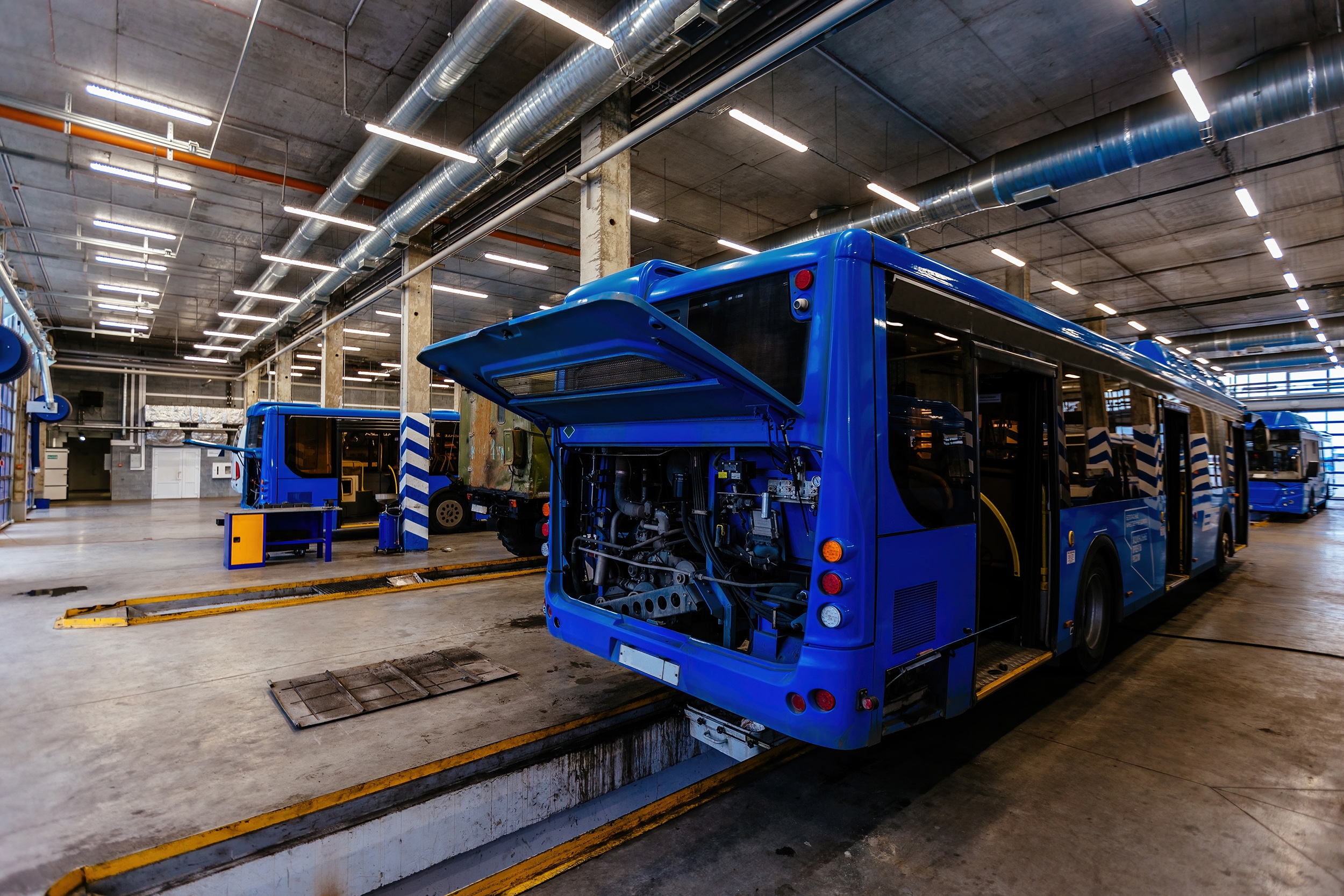
Combustible Engine Vehicles
Gases Found
Common gas hazards found in these plants are combustible gases such as Methane (LEL), oxygen deficiency and toxic gases. Your local jurisdiction or your on-site safety personnel can recommend what to monitor for at these locations.
Combustible Gases
Methane/Natural Gas • LNG • Propane • LPG • Butane • Fuel Oils (Aviation Fuels, Diesel Fuels, Gasoline)
Toxic Gases
Carbon Monoxide
Safety First
Gas detection is of utmost importance for personal and property safety within CNG bus repair facilities. These systems provide early warnings, facilitate swift response to potential gas hazards, prevent accidents, protect workers, preserve infrastructure, and minimize environmental impact. By prioritizing gas detection, companies in this sector can maintain a safe working environment, protect their employees, comply with regulations, and uphold their commitment to safety and sustainability.


